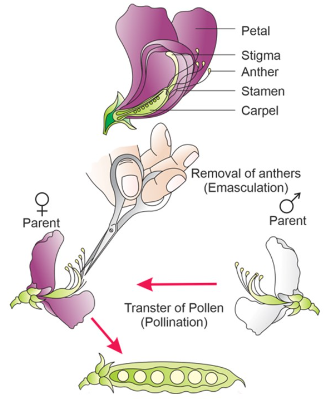Jul . 27, 2024 08:45 Back to list
Effects of China Pear Pollen on Orchard Pollination Success in Taiwan's Agriculture
The Significance of China Pear Pollen for Pollination in Taiwanese Orchards
Pollination plays a crucial role in the productivity of fruit orchards, and in Taiwan, the cultivation of pears, particularly the China pear (Pyrus pyrifolia), has become a vital agricultural practice. The use of pollen from China pears for pollination in these orchards is an effective and necessary strategy to enhance fruit set and improve overall yields. This article explores the importance of China pear pollen in Taiwanese orchards, examining its benefits, the pollination process, and implications for the local economy and agriculture.
Firstly, it is essential to understand the pollination mechanism in pear trees. Pears are generally self-incompatible, meaning that they require pollen from a different variety for successful fertilization and fruit development. In Taiwan, where the climate and soil conditions are ideal for pear cultivation, utilizing China pear pollen becomes critical to ensuring a rich harvest. The flowering period of China pear trees coincides with suitable weather conditions, allowing beekeepers to facilitate cross-pollination effectively.
Another important aspect is the unique properties of China pear pollen. The pollen has a high viability rate, which is essential for the successful fertilization of flowers. When introduced into the orchard, this pollen interacts with the pistils of the flowering trees, promoting the development of fruits. Additionally, China pear pollen is known to be rich in nutrients and is often used in traditional medicine and health products, which further enhances the appeal of cultivating these trees in Taiwan.
china pear pollen for pollination in orchards in taiwan

The role of bees in the pollination process cannot be understated. Beekeeping is a common practice in Taiwan, with many beekeepers strategically placing hives near pear orchards to increase the effectiveness of pollination. The bees collect China pear pollen which, in turn, aids in the transfer of genetic material between flowers. This not only helps to fertilize the flowers but also contributes to the overall ecosystem of the orchard—enhancing biodiversity, improving plant health, and increasing fruit quality.
The economic implications of utilizing China pear pollen in Taiwanese orchards are significant. Pears are a lucrative fruit crop, and increased yields directly correlate with higher incomes for farmers. With the global market demand for high-quality pears increasing, Taiwan’s farmers stand to benefit from improved pollination practices. By focusing on effective pollination strategies, including the use of China pear pollen, farmers can ensure that they meet market demands and compete effectively on the international stage.
Moreover, the strategic use of China pear pollen aligns with Taiwan’s agricultural policies aimed at sustainability and environmental conservation. Encouraging the natural pollination process through bee-friendly practices not only supports the productivity of pear orchards but also enhances ecosystem health. This is particularly important in light of global concerns surrounding declining bee populations. By fostering a symbiotic relationship between pear cultivation and beekeeping, Taiwan can lead the way in sustainable agricultural practices.
In conclusion, the utilization of China pear pollen for pollination in Taiwanese orchards holds immense significance. From enhancing fruit yield and quality to supporting the local economy and promoting sustainable agricultural practices, China pear pollen is an invaluable resource. As Taiwan continues to capitalize on its favorable growing conditions and invest in innovative pollination strategies, the future of pear cultivation looks promising, showcasing both the richness of Taiwanese agriculture and the importance of biodiversity in food production. The successful integration of China pear pollen into orchard management can serve as a model for other regions, illustrating how localized agricultural practices can yield significant benefits both economically and environmentally.
-
Pollen Peach Tree for Pure Pollination and High-Quality Peach Pollen
NewsJul.30,2025
-
Premium Cherry Pollen for Pure Pollination & Different Types
NewsJul.30,2025
-
Artificial Pollination Solutions for Various Plant Pollen Types
NewsJul.29,2025
-
Artificial Pollination Solutions for All Plant Pollen Types
NewsJul.29,2025
-
Premium Plant Pollen for Pure Pollination & Pollen Block Solutions
NewsJul.29,2025
-
Artificial Pollination Solutions for Efficient Crop Yields
NewsJul.28,2025